Everything you need to know
-
- Salary range: £25–40k
- Minimum qualifications: Degree-level qualifications (including master’s)
- Skills required: Digital skills, computing skills, data analysis, mathematical skills, analytical skills, attention to detail, problem solving, project management and teamwork.
- Training required: Training on how to use specific computational modelling software.
- Work–life balance: Senior roles might require working overtime. There may be the opportunity to work flexible hours.
- Career progression: Opportunities to apply for more senior positions/responsibility.
- Locations: Find related work experience positions using our map of employers
- Find out more: Explore toxicologists' roles in more detail
More profiles like Tim's
People are exposed to chemicals every single day and we need to make sure that these chemicals are safe. The best way to do this is through risk assessment toxicology and we need to do that as efficiently as we can do.
Computational toxicology gives us the tools to be able to do that and to be able to answer those questions in an efficient way for a wide variety of chemicals.
The advent of faster computers, larger data sources and tools like machine learning are really helping to accelerate that growth. Computational toxicology allows us to make safety decisions faster and more efficiently in ways we haven’t been able to do before. I think it’s really exciting so that we can apply these new technologies in a way that can hopefully help us to change toxicology away from an observational science, which was always based on animal experiments, towards something where we can gain mechanistic understanding and use computers to their full potential.
What’s great about toxicology as a science is that actually you don’t have to have studied any specific background in the past to be able to be toxicologist. I talk to young people at career fairs all the time who come from backgrounds in biological sciences, chemical sciences or medicine and they’re all able to feed into the science of toxicology because it is so interdisciplinary.
I really decided that I wanted to go down the scientific route when I studied for my A-levels. I had some great chemistry teachers and they really did push me forward in that direction. I love chemistry because it’s an experimental science as well as a theoretical science and getting into the lab at that time was something that I really really wanted to do.
When I went to university I definitely wanted to consider a career in research science. I think that research science is really exciting because you have the opportunity to learn new things that maybe have never been learnt before. It was great for me that I ended up in a university degree where I was able to get some experience in research science at the end of my degree and that definitely drove me forward in my choice to continue on as a PhD student where I first became exposed to toxicology.
I love toxicology because it’s an applied science and it means when you make a new discoveries and when you build new computational models there certainly is an aspect where these tools can be used in the future to make decisions that definitely impact on people’s everyday lives. I think I have been surprised at how big computational toxicology has become over the last few years and it’s really great to talk to toxicologists from all kinds of backgrounds in chemistry, biology, experimental science about how they are excited about the use of computers and chemistry in toxicology. I think it’s going to be really great for the science in the future.
First published 2020








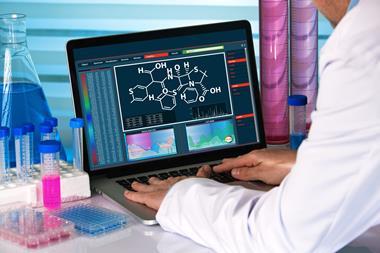
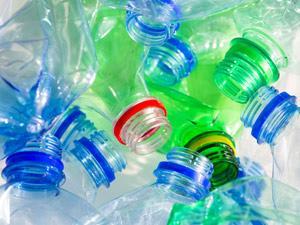
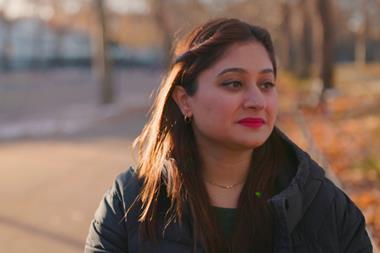
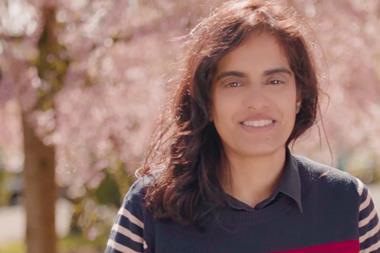


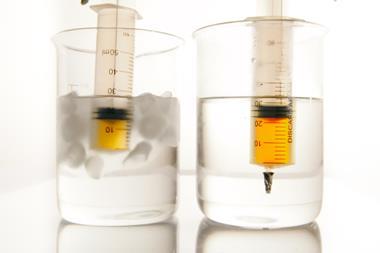
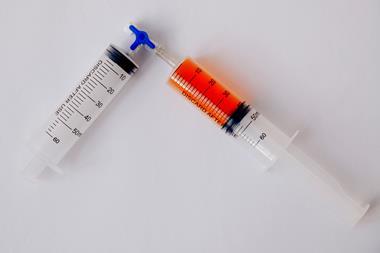

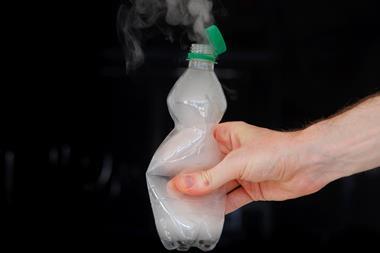
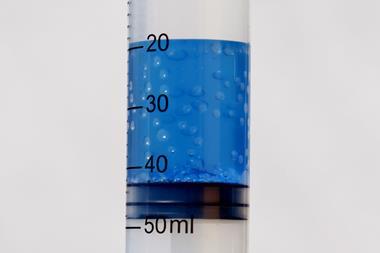






No comments yet